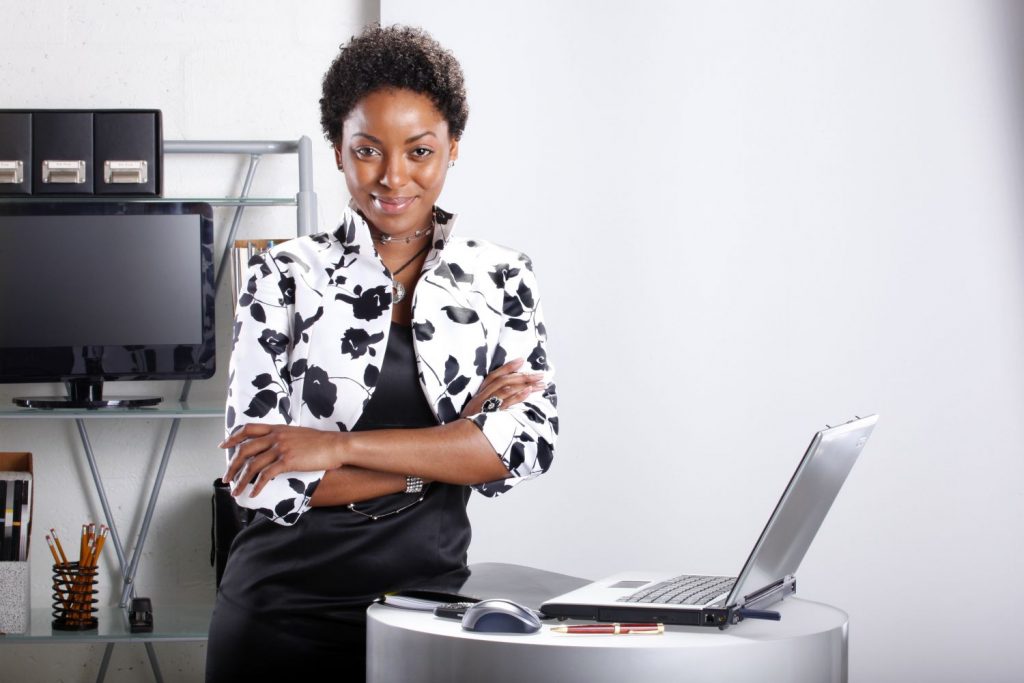On the 50th Anniversary of International Literacy Day Dr Katarina Popović – Secretary General of IUCAE (International Council of Adult Education, Uruguay) and Professor at the Faculty of Philosophy, University of Belgrade, Serbia, talks to UNESCO about how, despite the evolution in our thinking on literacy, adults are still missing out.
“Literacy is an entrance to the world,” said Ms Katarina Popović, Secretary-General of IUCAE and member of the core group of the newly launched Global Alliance for Literacy.
“There have been many changes in our perception of literacy in 50 years but the greatest has been in our awareness of its deeper importance. It is not just a technical skill. It really is, as Paulo Freire said, not about reading the word but about reading the world. It is, above all, a human right and a doorway to other rights.”
She said other major changes included getting rid of the old reductive methods of testing and teaching literacy and numeracy although something between self-estimation and reductive testing of only applicable skills was still needed.
“We recognize now that not only is learning literacy a continuum and social context important but that there are many types of literacies including financial, political, health, civic and technical,” she said.

Another change in adult learning is the fact that they are no longer restricted to using materials designed for children. Adults are more engaged by custom-made materials and can absorb other messages about maternal health or HIV protection, for example, while learning. One of the biggest evolutions has been in the use of Information and Communication Technologies. While appreciating the benefits of technology as a tool, Ms Popović is wary of it being used as a substitute.
“Innovative programmes, making creative use of mobile technologies, have a place, but will never replace the need for face-to-face and dialogue-centred learning. Research has proven that teachers are needed, especially if literacy is to have a transformative role and inspire positive changes.”
Political will and funds needed for greater progress
Yet despite innovations and campaigns sparked by new global awareness of the importance of literacy – the World Literacy Forum estimates the cost of illiteracy to the world economy as 1.2 trillion dollars – the rate of progress in adult literacy is slow. She is also unhappy with the imprecision of the Sustainable Development Goal 4 target for literacy. 4.6, which aims “by 2030, to ensure that all youth and a substantial proportion of adults, both men and women, achieve literacy and numeracy.”
“For me this target demonstrates a lack of political will. We cannot sign up to 100 per cent and we have no moral right to propose 50 per cent so we go for ‘substantial’” she said.
Lack of resources is another huge stumbling block to progress.
“To make progress literacy must be more strongly related to the other goals such as those related to poverty as there is evidence that it has an impact on positive health outcomes, increased longevity, reduced criminality rate, increased quality of life and informed environmental behaviour,” she said.
She would like to have seen the inclusion of the idea of family literacy, given the research proving the power of educated parents and especially mothers and to have literacy restored as an indicator in the Human Development Index after its removal in 2010.
Although she remains pessimistic about the future for adult literacy, she is heartened by growing awareness and engagement among a more diverse group of stakeholders.
“We already have all the evidence and research we need on the importance of adult literacy. Now we need to put it into practice,” she said.
And having worked for peace in South Eastern Europe and in particular ex-Yugoslavia she is aware of literacy’s other critical function as a builder of peace.
“We have done some very interesting experiments with overlapping maps showing conflict areas and literacy and illiteracy rates. Of course we cannot say that literacy brings peace but we can say that literacy allows critical thinking which can lead to different choices, choices other than extremism.”


